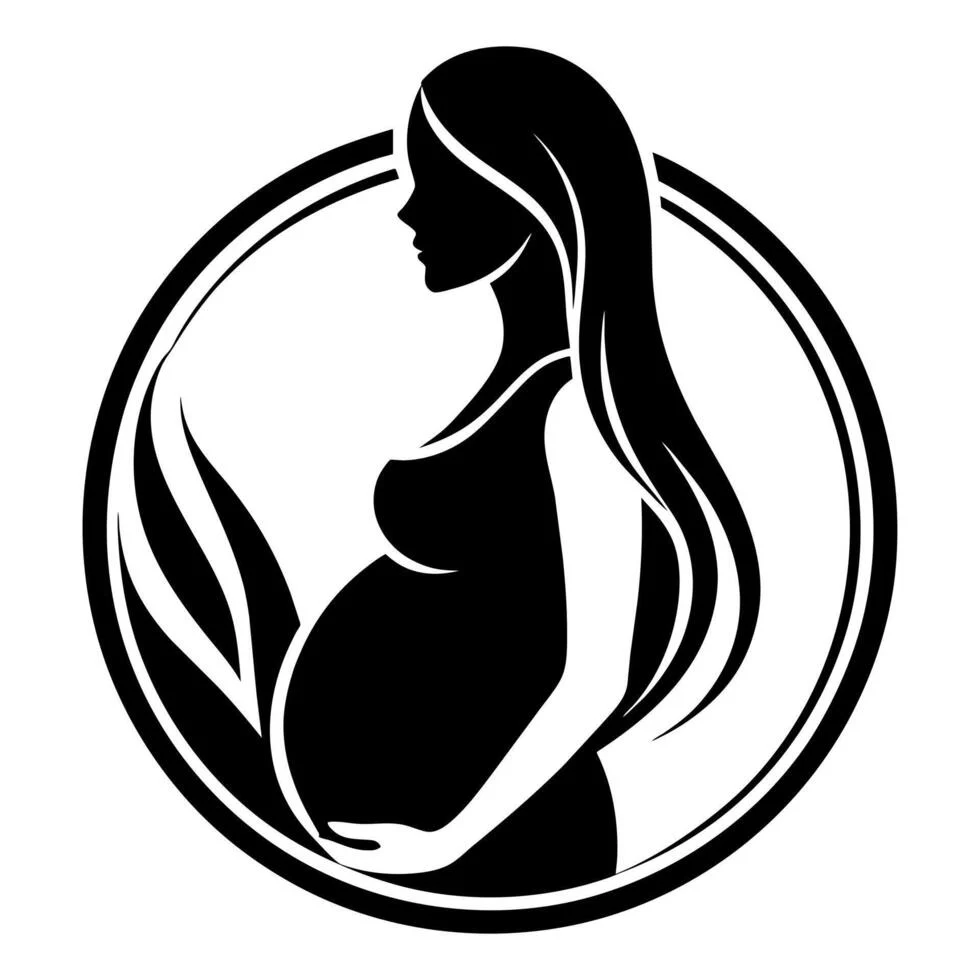In recent weeks, a video has gone viral showcasing men reading aloud some of the harsh and hurtful tweets directed at two female reporters. This video highlights the incessant and painful harassment that women often endure online. I’ve watched it multiple times, grappling with feelings of anger and frustration as I observe these brave women confront the vile comments they’ve clearly grown accustomed to, while the men awkwardly recite them.
Online harassment is a persistent issue that many women, including myself, have had to learn to navigate. The video may have shocked some viewers, but for many of us, it was a painful reminder of what we already know too well. What infuriates me even more than the comments themselves is the fact that society has allowed this kind of verbal abuse to become normalized in our digital interactions.
Friends of mine—mostly men, but some women as well—reached out, expressing their sorrow and disbelief: “I can’t imagine what you go through when you publish an article online,” and “Is this really what it’s like?” While their intentions were sincere, I remained unfazed. For women, both trans and cis, who engage on social media—whether as journalists or outspoken individuals—harassment that includes threats of violence, sexual assault, and other vile sentiments is all too common.
I’ve faced my share of hurtful comments. From being told I look unappealing to being attacked as a parent, the vitriol is relentless. Strangely enough, these remarks don’t affect me as deeply as they might for others. Perhaps this stems from my childhood experiences with an abusive father; the words of strangers hold far less weight when you’ve already heard them from someone who should have cared.
However, a friend recently shared a post encouraging people to think of women as their mothers or sisters before expressing such brutal opinions. This notion left me baffled. Why should a woman’s worth be contingent on her familial ties to the men who choose to harass her? The implication that men must first envision women as loved ones to treat them with respect is profoundly troubling.
Women are human beings deserving of dignity and respect, regardless of their relationships to others. Shouldn’t we be able to recognize a woman’s humanity without forcing ourselves to associate her with someone we care about? This exercise in empathy shouldn’t require us to conjure up a familial connection to view a woman as a valid human being.
It’s important to understand that I see the reasoning behind suggesting this perspective, but I simply cannot embrace it. This line of thinking implies that if a woman does not serve a man’s interests, she is somehow less deserving of kindness or respect. I cannot support such flawed reasoning, and I have attempted to understand it, as many people I respect still feel it’s necessary.
The truth is, I am not someone’s wife or sister or daughter to every man online. I am only one man’s mother, one man’s daughter, and one man’s sister. My identity does not grant others the right to harass me simply because they disagree with my views or the work I produce. Just because I am not a familial figure to them does not mean I should be subjected to their cruelty.
For more insights on navigating these complex issues, you can explore this article on preventing online harassment. And if you’re considering at-home insemination kits, Make A Mom offers a variety of reputable options. Additionally, the CDC provides valuable information on infertility and related topics.
In summary, the reality of online harassment is unacceptable, and the notion that empathy should hinge on familial relationships is flawed. Women are entitled to respect and dignity regardless of their connections. It’s time we recognize and address this issue head-on.

Leave a Reply